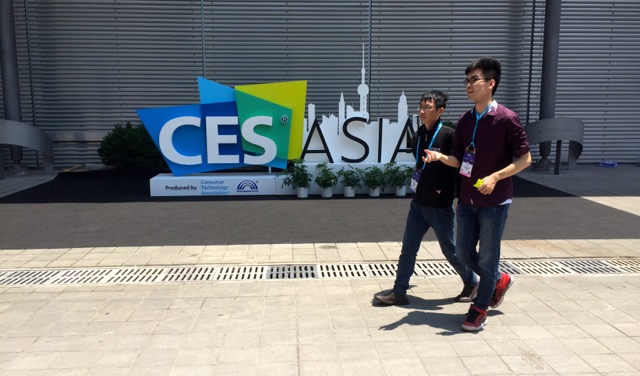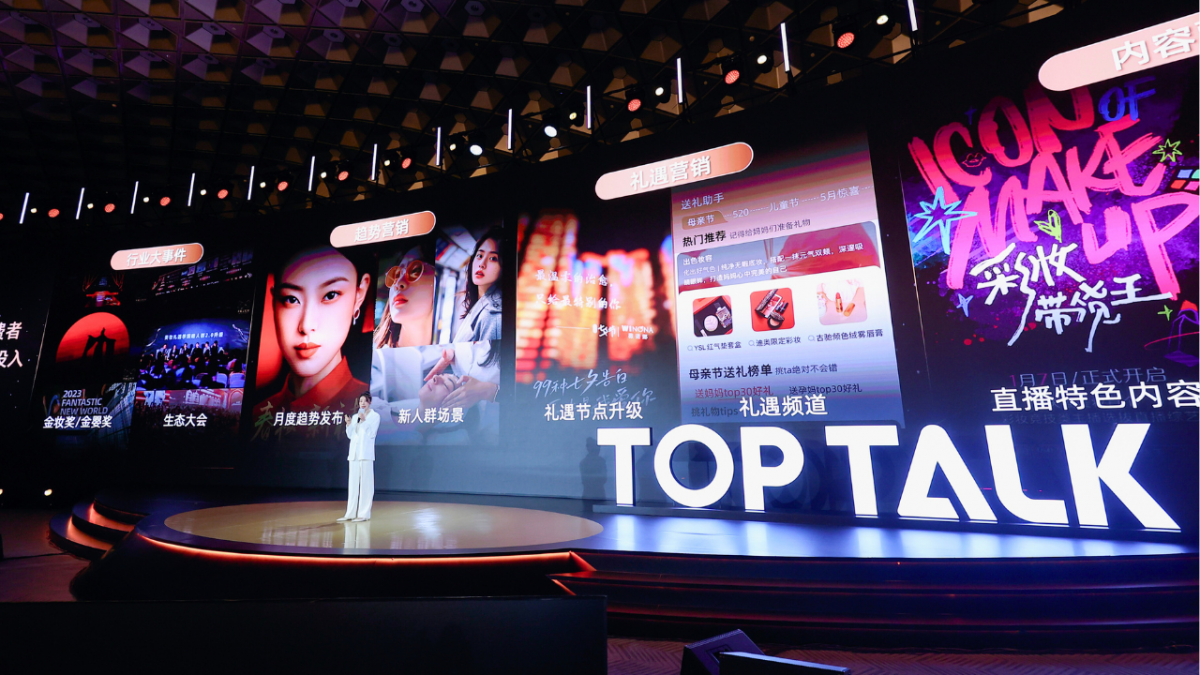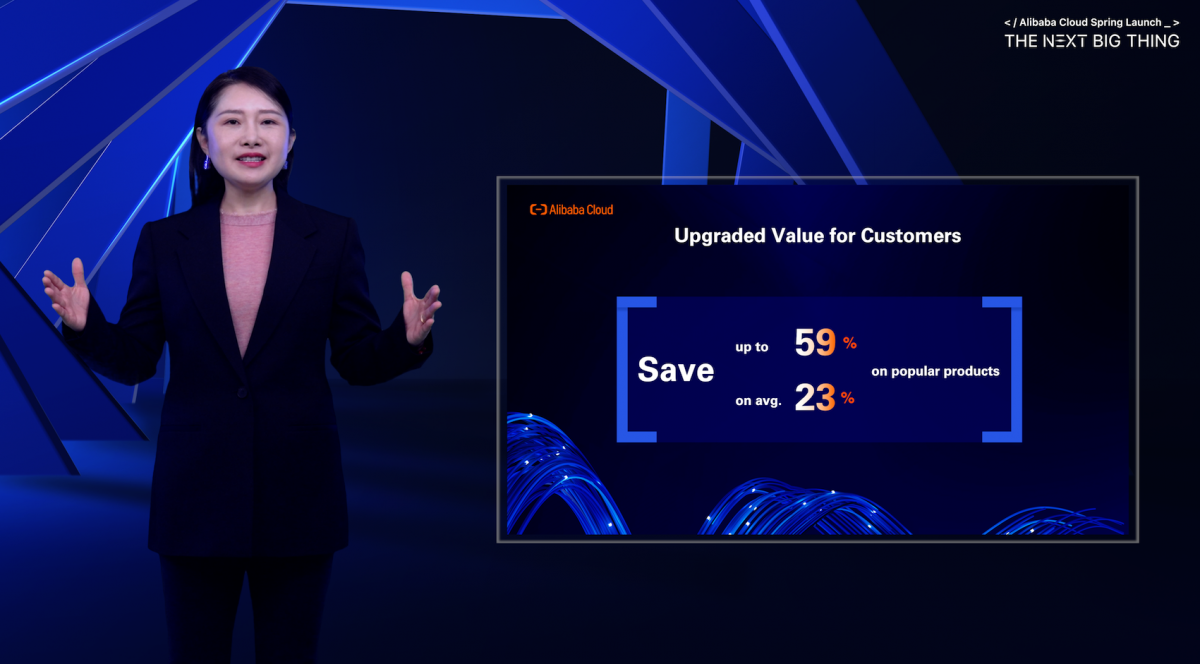
You’ve heard of the brick-and-mortar store? So yesterday. At this year’s CES Asia consumer electronics show, Chinese e-commerce giant Alibaba Group brought attendees into the shop of the future.
Call it the click-and-mortar store. Yin Jing, the head of the consumer electronics channel on Alibaba’s B2C marketplace Tmall.com, used part of his keynote CES speech to show how consumers will be able to use a smartphone to experience three-dimensional stores as if they were shopping there in real life.
With the Taobao giftshop at Alibaba headquarters in Hangzhou as a model, Yin “walked” through the 3D store displayed on his screen, purchasing a t-shirt and Tao doll while choosing sizes and quantities with his phone. He even showed how biometrics would be used to scan his face to confirm payment.
Science-fictionish ideas are characteristic of the technologies and products featured at technology trade shows, of course, and the CES event being held in Shanghai this week is no different. Yin was quick to note that Alibaba, while it is pursuing cutting-edge developments in artificial intelligence, virtual reality and smart technology, remains focused on providing other companies with enabling e-commerce technologies so entrepreneurs can grow their businesses.
For example, merchants on Alibaba’s Tmall.com marketplace have access to consumer data forAlibaba’s 420 million users, allowing them to tweak their selling strategies to better engage consumers in real time.
“Our data can help brands to understand behavior quicker and more accurately so our brands can provide better services based on consumer demand,” Yin said. “In the future personalization and customization will be the key.”
None of these technologies are possible without similar advances in computing power. And these days that computation is happening in the cloud, said Simon Hu, president of Alibaba Cloud, Alibaba’s cloud-computing division.
According to Hu, the cloud’s computational power is the reason why Alibaba can deliver real-time data to merchants or, say, coordinate the delivery of 400 million packages a day. Alibaba Cloud is developing cloud solutions that can predict traffic patterns in notoriously congested Shanghai, Hu said, as well as help to facilitate loan approvals in a matter of minutes rather than days or weeks.
Last year, Alibaba Cloud partnered with U.S, chipmaker Intel to launch a research program that seeks to provide genetic mapping for any patient in a single day, and for less than 2000 RMB (about $300)–a technology that could pave the way for better medical diagnosis and treatments.
“These solutions will be very useful to prevent of diseases in particular cancer,” Hu said. “With computing we can drive the change.”
But for advanced technologies like click-and-mortar stores and one-day genetic mapping to become practical in everyday use, researchers must develop solutions that are fast, accurate and reasonably priced, Hu stressed.
“We need to work on these three aspects to make sure this tech will become better and more available to everyone,” he said.
More than 375 companies and 30,000 visitors are expected to attend CES in Shanghai, which ends on Friday.




